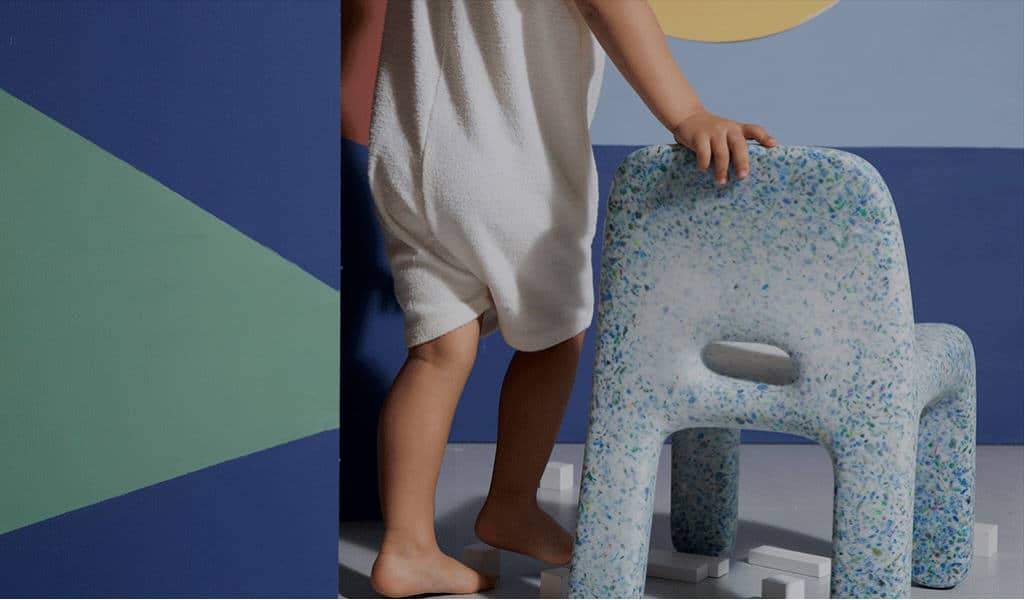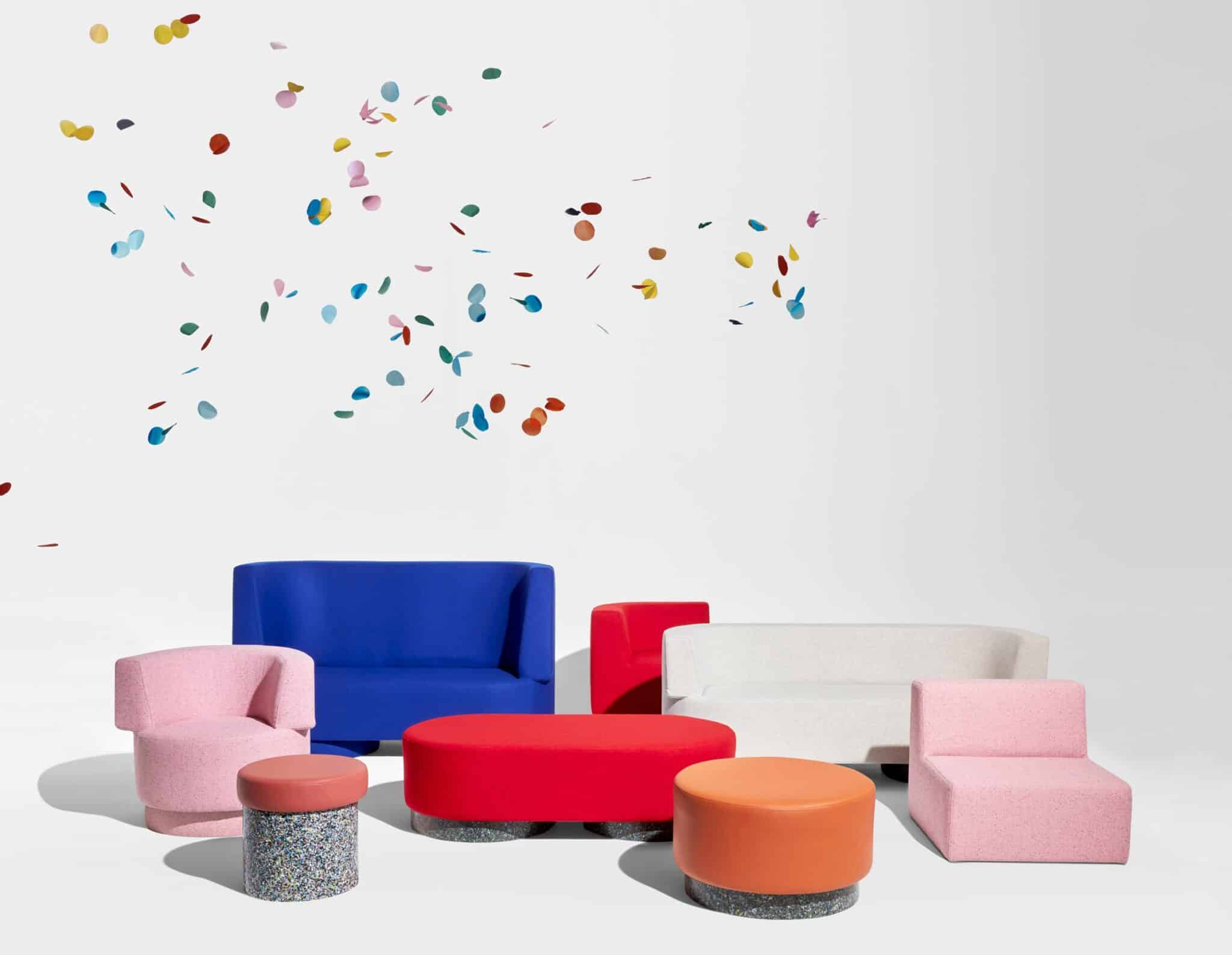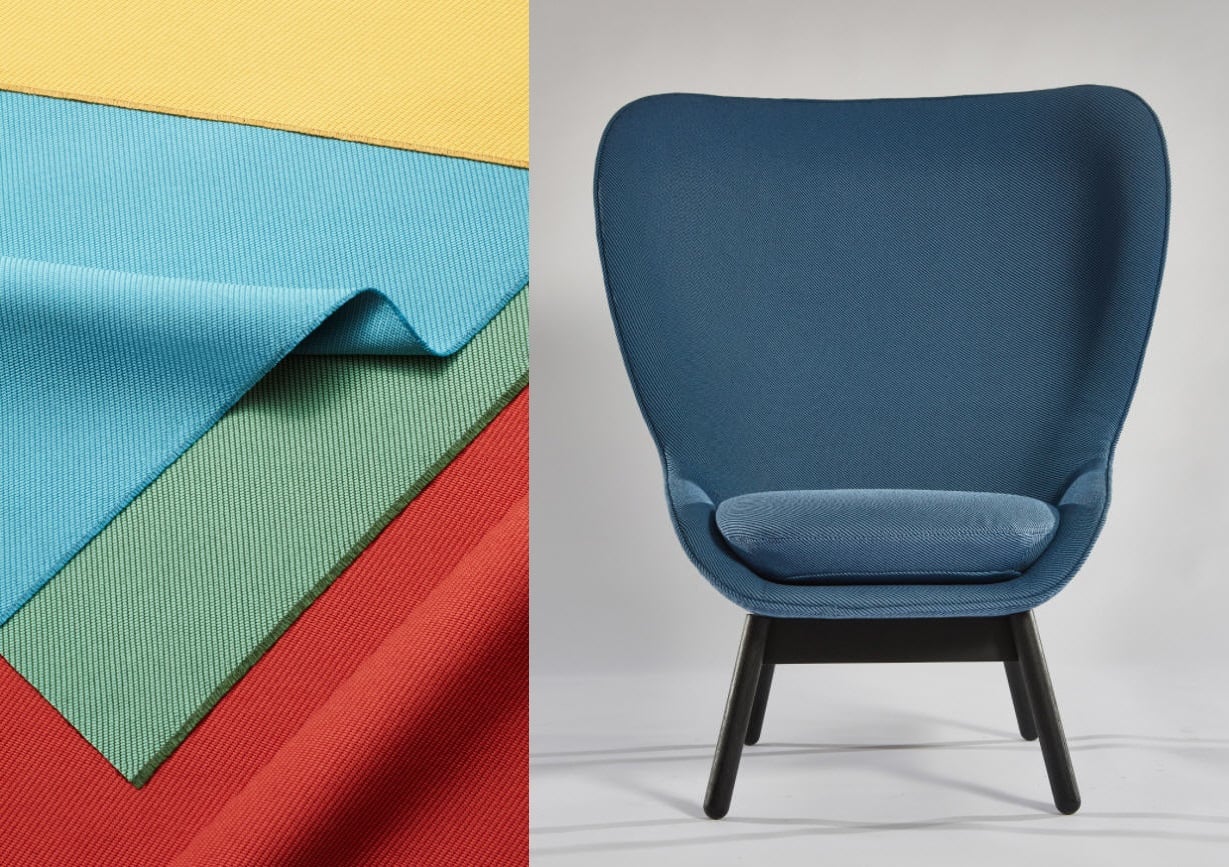Plastic has been an ongoing problem for decades, and while organizations have launched initiatives to solve the problem, we can expect more technologies to emerge next year.
Concern about plastic waste is nothing new, but major consumer product companies such as Herman Miller, Humanscale, IKEA, Interface have made commitments to use recycled plastics in innovative ways, such as increasing recycling rates and converting waste into higher-value products. Over the past decade alone, 155 startups addressing plastic waste have been founded, according to Lux Research.
The year 2020 will go down in history as the revelator of broken systems, notably that of consumerism and waste management. Although several renowned companies have been focusing their efforts on reducing and transforming plastic waste, it is now imperative that all brands re-examine their outlook on what emerging tech innovations will be crucial to their moving forward.
READ: 4 Top Plastic Recycling Technology Startups Impacting Packaging
Lux Research, a leading provider of tech-enabled research and advisory services, released its annual report on the top tech innovations that will have the greatest impact over the next 10 years, based on proprietary data science tools and expert insight. Technologies for plastic recycling rank in the top three.
EVENTS: Plastics Recycling conference and trade show—May 3-5, 2021 at the Gaylord National Resort and Convention Center near Washington D.C. International Conference on Plastic Recycling and Waste Management August 23-24, 2021 in Rome, Italy
We have seen more designers and furniture manufacturers jump on board this year. Here are a few of the latest product designs involved in the efforts to fight against plastic waste:
Swiss furniture brand Vitra used household recycling collections to produce its first chair made from plastic waste. The design of the chair dates back to 2011 when Edward Barber and Jay Osgerby, founders of Barber Osgerby, designed the Tip Ton chair for Vitra. To make this new edition, the Tip Ton RE, the company sourced recycled polypropylene from Germany’s yellow bag scheme where household waste plastic and metal is collected by local waste disposal.

Hee Welling has designed the Rely chair, which has a shell made from 100-per-cent-recycled plastic, for Danish brand &tradition. Each Rely chair shell is made from recycled polypropylene, which is injection molded to form the seat and backrest of the chair as a single piece. The shell is supported by a steel base with four slender legs. There is also a swivel version with a base made from either polished or powder-coated extruded aluminum.

Two Belgian designers founded ecoBirdy in order to recycle toys and make kid’s furniture. The company installed containers in Belgian schools to encourage students to recycle broken or unused plastic toys. ecoBirdy then collects the recycled toys from the containers and has them sent to a workshop that employs disabled people who then manually sort through the materials. The newly categorized materials are sent to a recycling center. Read more here.

Sydney studio DesignByThem is celebrating the natural texture of recycled plastic via a speckled, multi-coloured furniture collection called Confetti. Envisioned by the studio’s founders Sarah Gibson and Nicholas Karlovasitis, who operate under the moniker Gibson Karlo, the 20-part series features everything from tables to stools, benches, planters, ottomans, armchairs, lounges and home accessories. Each piece is made from recycled post-consumer and factory waste plastic, and the unique, confetti-like pattern created in the process is left exposed.

British textile company Camira has created fabrics that contain recycled plastic collected from oceans and beaches. Camira‘s Oceanic range has a twill weave comprising a light warp and a deeply saturated weft. Up to 50% of the fibers are created from recycled plastic bottles that were sourced from the Mediterranean sea and beaches as part of the SEAQUAL Initiative – an organization that works to combat marine plastic pollution by collecting and processing bottles.













